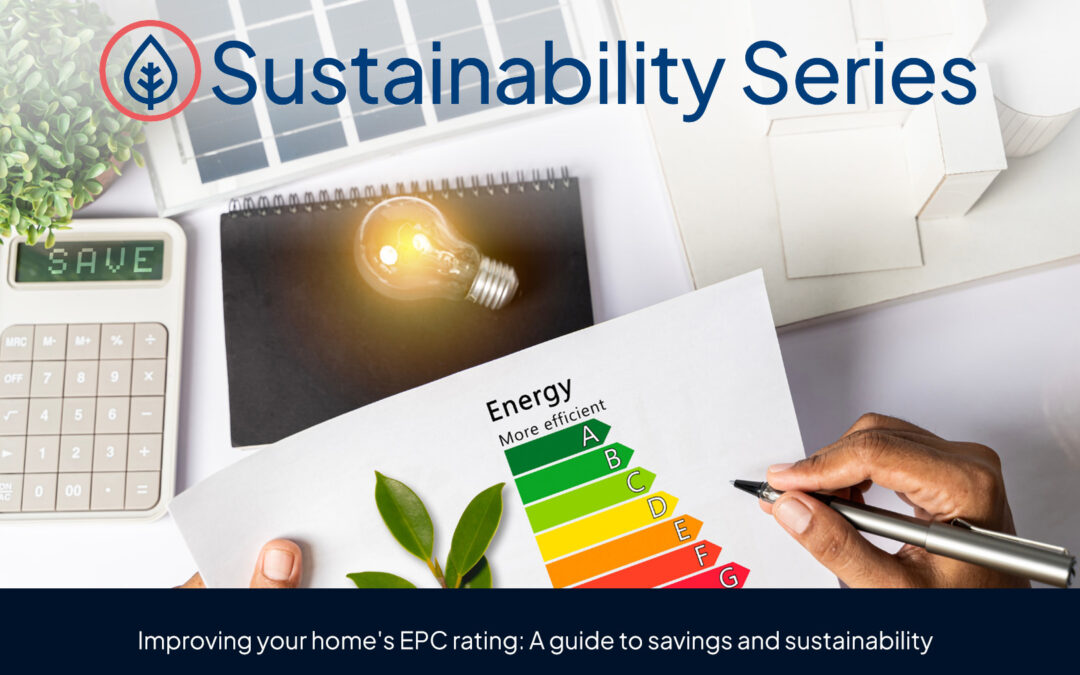In England alone there are an estimated 4.3 million leasehold homes – but the law regarding leasehold and freehold in the UK has been controversial for a long time.
Now the Law Commission has proposed a series of changes which will make it easier for people to buy the freehold or extend their lease.
The recommendations will also make it more simple for homeowners to take control of the management of their estate or block of flats. This process is known as Right to Manage.
A system called commonhold has been recommended to replace leasehold. This is all part of a planned Government overhaul of housing in the UK and an attempt to tackle the problem of newly built homes being sold as leasehold.
Whether you are looking to extend your lease, buy the freehold or looking to understand the law before you buy a property, this guide will help you find out what the changes could mean for you.
What is the difference between leasehold and freehold?
Put simply, if you own the freehold, you own the property and the land it stands on. If you own the leasehold, you do not own the land the property was built on.
As a leaseholder, you rent the land from a freeholder for a number of years, decades or even centuries. A typical period of time is 99 years, though leaseholds of 125 years have become more common. Less than 80 years on a lease can make a property difficult to sell.
Though it is possible to extend the lease, this can be expensive – and you will need to pay for legal advice too. Houses are usually freehold, although leasehold has applied to more houses in recent years.
Flats are almost always leasehold and often come with charges to the freeholder or their agents for services, maintenance or ground rent. Obtaining the freehold, particularly for flats, is not always straightforward.
It has also been historically difficult for flat owners to take over the services, repairs, maintenance, improvements, and insurance themselves without buying the freehold.
When there are many different owners in a block with different intentions, it has not been easy for them to group together and buy the freehold.
Another problem leaseholders have run into in recent years is clauses in the lease that mean they have to pay expensive ground rents to the freeholder.
Some of these rents have increased rapidly, even doubling, making them unaffordable for the owner but also difficult to sell. The current proposed reforms are an attempt to address that.
What is commonhold?
Commonhold properties were introduced by the Leasehold Reform Act 2002 but are still quite rare. Commonhold is a type of communal ownership where a block of flats is divided into freehold units.
Read more
- How to improve your property’s ‘legal kerb appeal’
- How to object to a planning application
- Everything you need to know about planning permission
Common areas are managed by a commonhold association, which is owned by the freeholders of the individual flats. This removes the need for freeholders and third-party management companies.
The Law Commission has recommended that this system replaces leasehold. The reforms would also make it easier for leaseholders to convert to commonhold should they wish.
What else is being proposed?
There are a number of other measures on the table designed to make things easier, fairer and cheaper for leaseholders. These include:
- Leaseholders should be able to extend their lease if they live in buildings with up to 50 per cent non-residential space – currently, only those in buildings with up to 25 per cent qualify.
- People living in buildings with up to 50 per cent non-residential space should be able to take advantage of Right to Manage.
- Leaseholders should be able to make a claim straight away, rather than have to wait two years.
- Leaseholders should be able to buy the freehold of multiple buildings at once rather than block by block.
- Leases should be extended by periods of 990 years, instead of short periods such as 50 years.
- There would be no ongoing ground rent under the extended lease. The Commission also recommends that leaseholders who already have a very long lease should be able to buy out the ground rent without extending their lease.
- Leaseholders will no longer have to pay unlimited costs for their landlord, which in some cases can exceed the cost of extending the lease.
- Converting to commonhold will be easier even if not everyone in an apartment block wants to convert.
When will the leasehold law changes come into force?
The Government commissioned the Law Commission to investigate the issues of leasehold and Right to Manage and will now consider the recommendations it has made.
Even if the Government chooses to keep the leasehold system, the Law Commission says ground rents should be reduced to zero and freehold purchases be made available at a much cheaper price.
Some developers will likely oppose the changes. Many have claimed ground rent and freehold sales enable them to keep property prices down. The Competition and Markets Authority is also investigating the leasehold system, which it has found to have “serious issues.”
In January 2020, Robert Jenrick, Secretary of State for Housing, Communities and Local Government, promised that legislation would follow “shortly.” While it is possible this has been delayed by to the coronavirus pandemic, many campaigners will be hoping reform comes sooner rather than later.






